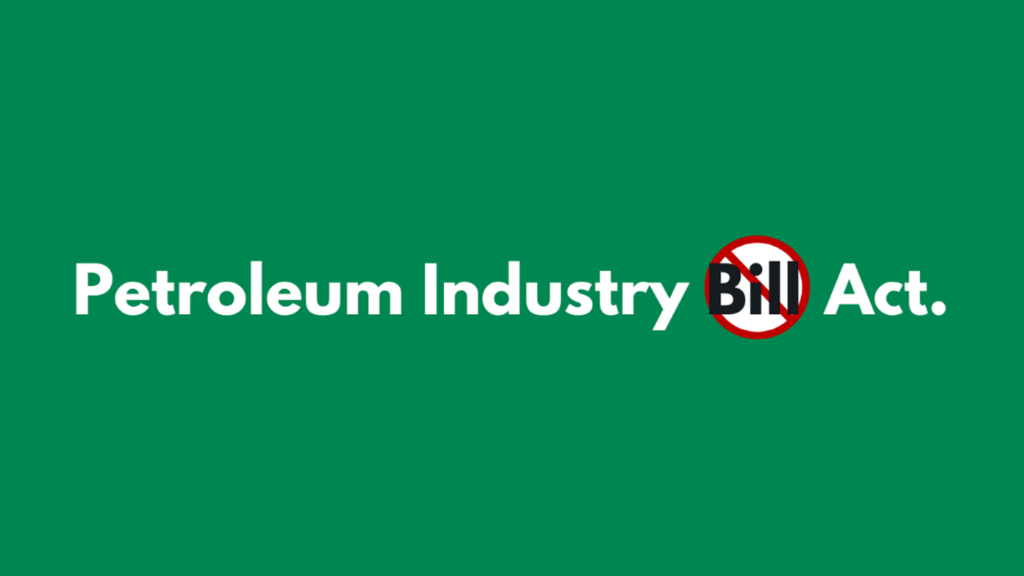
The Petroleum Industry Bill (PIB) was finally passed by the National Assembly in July 2021 and assented into law as the Petroleum Industry Act, 2021 (PIA) by the President on 16th August 2021. This enactment represents a major milestone in the reform of Nigeria’s oil and gas industry given, the more than a decade long journey to pass this important legislation. OPTS in the last two decades had advocated and collaborated extensively with stakeholders across all spheres of Government to ensure a workable PIB was achieved.
The PIA establishes a new legal, governance, administrative, host community development and fiscal framework for the Nigerian petroleum industry. Some of the key changes in the PIA include:
- Introduction of two regulators, one (the Commission) for the upstream and the other (the Authority) for the midstream and downstream
- Incorporation of NNPC into a limited liability company to enable it to operate as an independent commercial entity
- Option for licensees and lessees to voluntarily convert to the PIA terms, or remain under the terms prior to PIA until license/lease expires
- Introduction of a new acreage management system
- Provisions for host community development, including the requirement for licensees and lessees to set up host communities trust in their areas of operation
- Introduction of a dual tax system (Hydrocarbon tax and Company Income Tax) in place of the single tax system of Petroleum Profit Tax, and production and price-based royalty to replace terrain-based royalty system
With the enactment of the PIA, the emphasis for OPTS has now shifted from advocacy to implementation. The Federal Government has set up a steering committee to drive the implementation of the PIA within 12 months from the date of assent.
OPTS member companies will be reviewing the PIA in detail, to better understand the possible actions to be taken and decisions to be made to facilitate operationalization of the PIA in their respective companies.
OPTS will continue to collaborate with the Government to achieve a smooth implementation of the PIA and with the regulatory agencies to ensure that the required regulations which give effect to the PIA are put in place.

